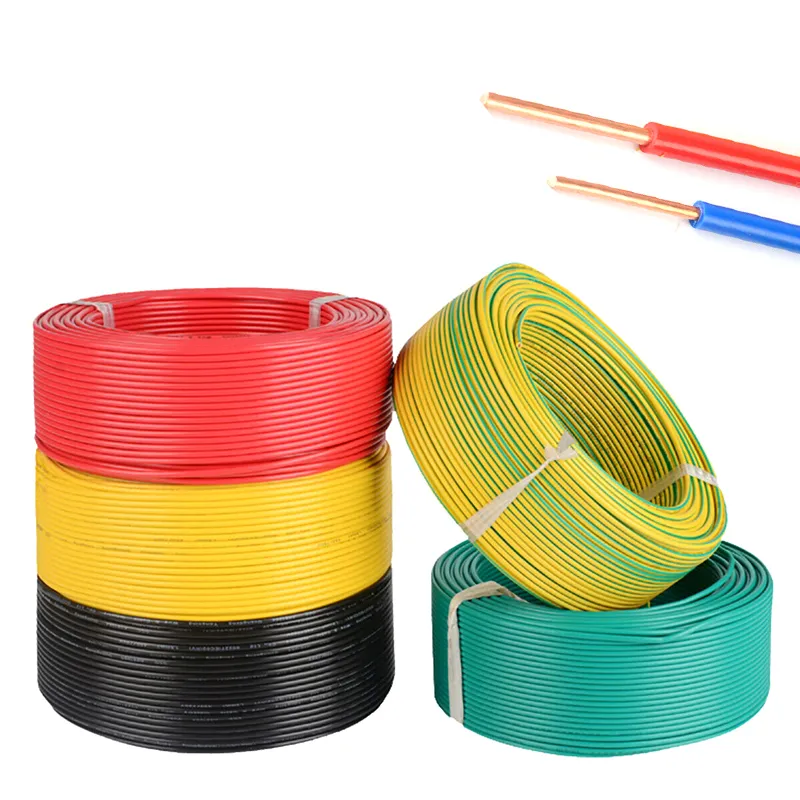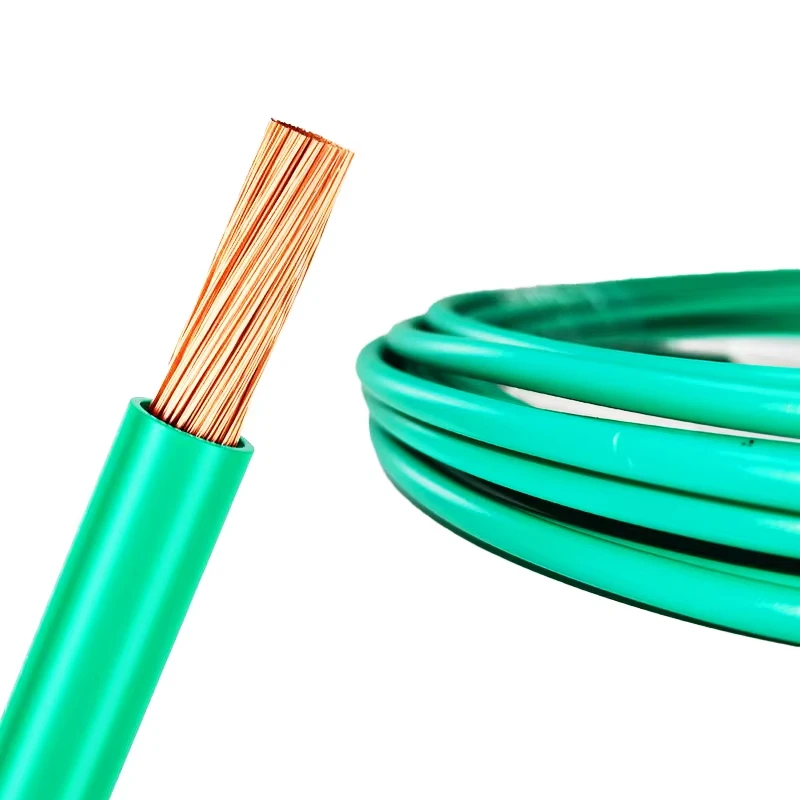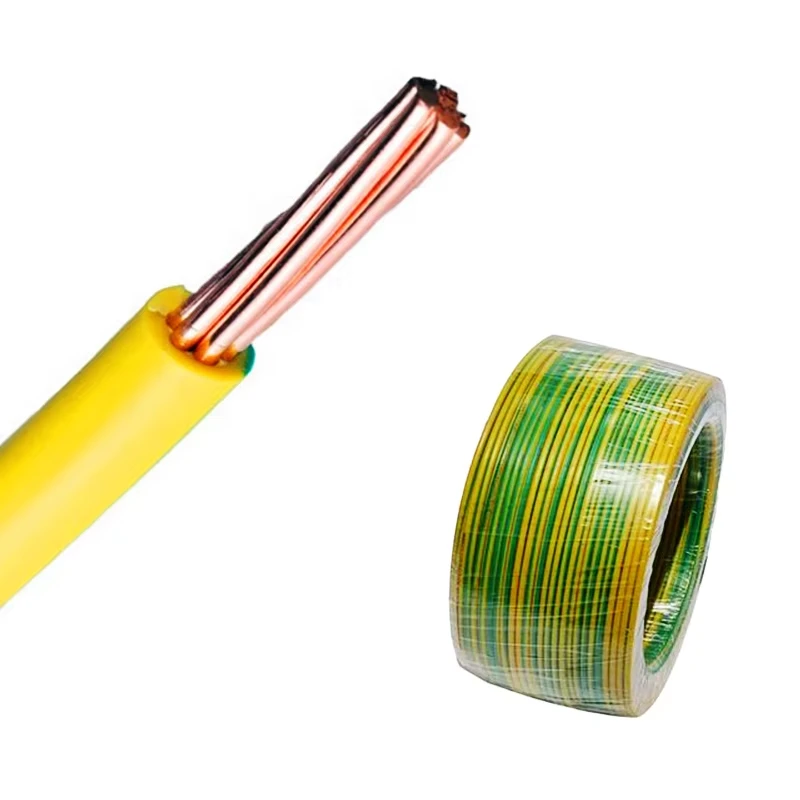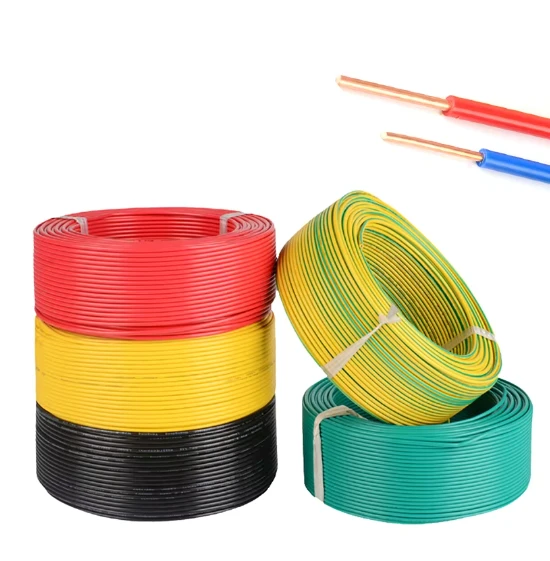
High Voltage Automotive Cable Manufacturing Facility Overview and Insights
High Voltage Automotive Cable Factory Driving Innovation in the Automotive Industry
The automotive industry is undergoing a radical transformation, driven by the growing demand for electric vehicles (EVs) and advanced automotive technologies. At the heart of this revolution lies the high voltage automotive cable, a crucial component that ensures the efficiency, safety, and performance of electric and hybrid vehicles. As the industry evolves, the role of high voltage automotive cable factories becomes increasingly significant.
What are High Voltage Automotive Cables?
High voltage automotive cables are specially designed electrical cables capable of handling high voltage and current levels necessary for EVs and hybrid vehicles. These cables facilitate the performance of various vehicle functions, including power delivery from the battery to the electric motor, powering the onboard charging systems, and connecting various electrical components. The importance of these cables cannot be overstated, as they directly impact the vehicle's overall energy efficiency, safety, and performance.
The Manufacturing Process
A high voltage automotive cable factory employs state-of-the-art technology and rigorous quality control standards to produce cables that meet stringent automotive specifications. The manufacturing process involves several key steps
1. Material Selection The selection of appropriate materials is critical. High voltage cables typically use materials such as cross-linked polyethylene (XLPE) for insulation and copper or aluminum for conductors due to their excellent conductivity and durability.
2. Cable Construction The cable construction involves the assembly of conductors, insulation, and protective layers. Manufacturers often use multiple layers to achieve optimal performance and protection against environmental factors like temperature extremes, moisture, and mechanical stress.
3. Quality Testing Once the cables are constructed, they undergo extensive testing to ensure they meet performance and safety standards. This includes high voltage testing, thermal testing, and flexibility tests to ensure reliability under various conditions.
4. Certifications and Compliance High voltage automotive cables must comply with industry standards and regulations, such as ISO and SAE. Factories often seek certifications to demonstrate their adherence to quality and safety standards, which is crucial for gaining the trust of automotive manufacturers.
high voltage automotive cable factory

Innovations in High Voltage Cable Technology
As electric vehicles become more prevalent, the demand for advanced high voltage cables has spurred innovation within cable factories. Several trends and innovations are emerging in this field
- Lightweight Materials Manufacturers are exploring lightweight materials to reduce the overall weight of vehicles. This not only improves energy efficiency but also contributes to better performance.
- Enhanced Durability Advances in cable insulation technology are leading to more durable products capable of withstanding harsher conditions, thereby extending the lifespan of automotive cables.
- Improved Heat Dissipation With the increasing power requirements of EVs, manufacturers are developing cables with better heat dissipation properties to prevent overheating and ensure reliability.
- Smart Cables The integration of smart technologies into high voltage cables is a growing trend. Smart cables can monitor parameters such as temperature and current flow, providing valuable data that can enhance vehicle performance and safety.
The Future of High Voltage Automotive Cable Factories
As the shift toward electrification accelerates, high voltage automotive cable factories are positioned at the forefront of this evolution. The demand for reliable and innovative electrical solutions will continue to rise, driving investment in research and development. Factory owners will need to embrace new technologies, streamline production processes, and prioritize sustainability to remain competitive in this rapidly changing landscape.
In conclusion, high voltage automotive cables are fundamental to the future of transportation. As the automotive industry embraces electric and hybrid technologies, high voltage automotive cable factories will play a vital role in ensuring the successful implementation of these innovations. By focusing on quality, performance, and sustainability, these factories will help drive the automotive industry into a new era of efficiency and safety.
-
Key Considerations When Sourcing Electrical Wires and Cables: A Wholesaler’s GuideNewsMay.13,2025
-
Ensuring Safety and Performance: Key Considerations for Rubber Cable ApplicationsNewsMay.13,2025
-
Premium Control Cable Solutions: Elevate Your Projects with Tianhuan Cable GroupNewsMay.13,2025
-
Powering Solar Innovation: Tianhuan’s Photovoltaic Cable Solutions for Wholesale ExcellenceNewsMay.13,2025
-
High-Quality Building WireNewsMay.13,2025
-
Superior Aerial Cable Solutions: Partner with Tianhuan Cable GroupNewsMay.13,2025
-
XLPE Cables: The Heat-Resistant Solution for Summer BBQ SafetyNewsMar.05,2025














